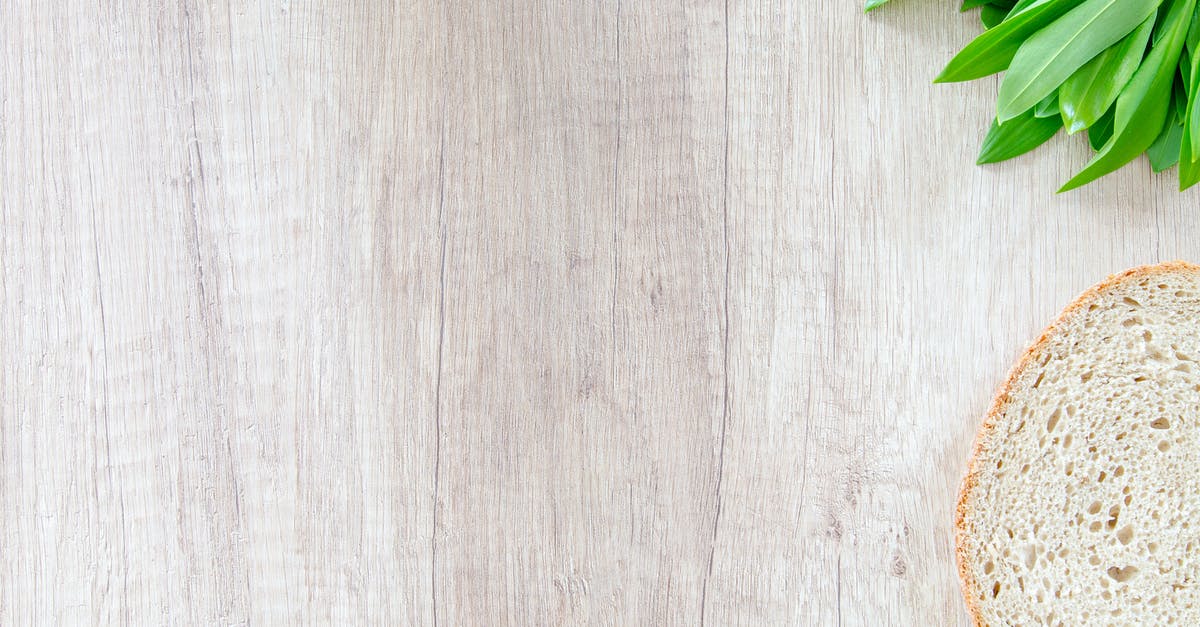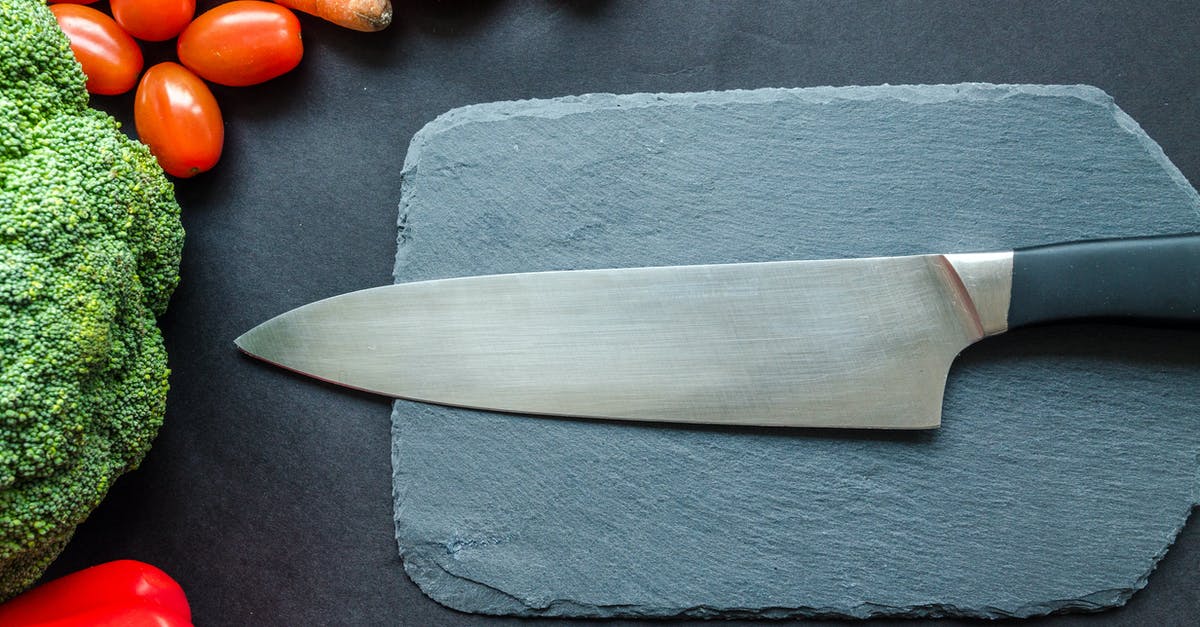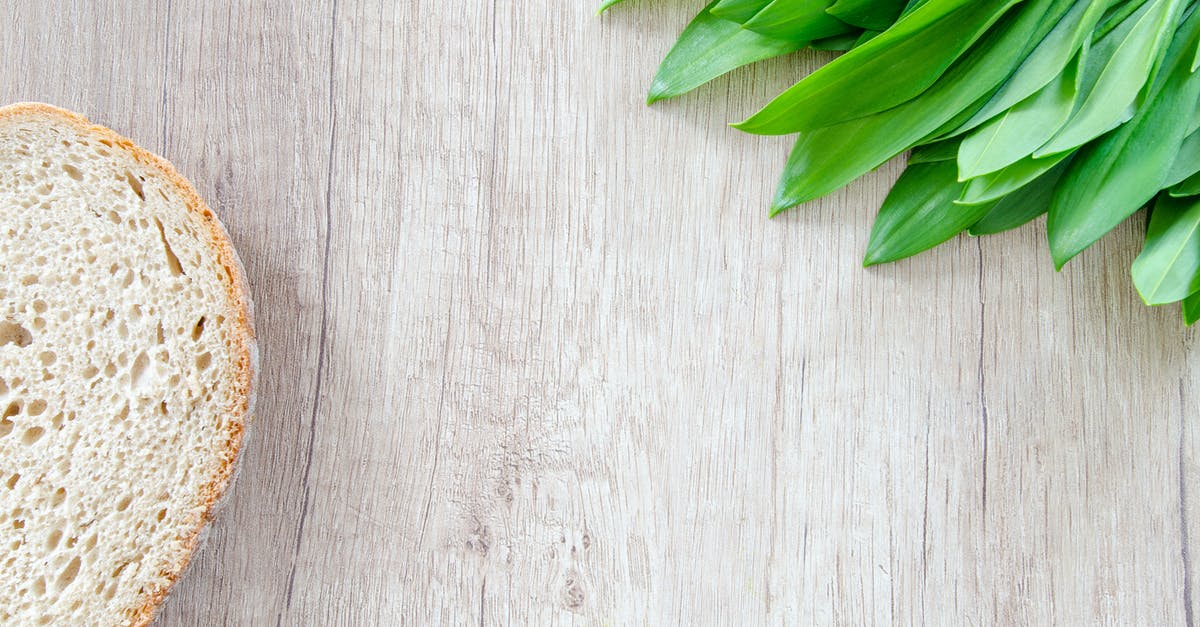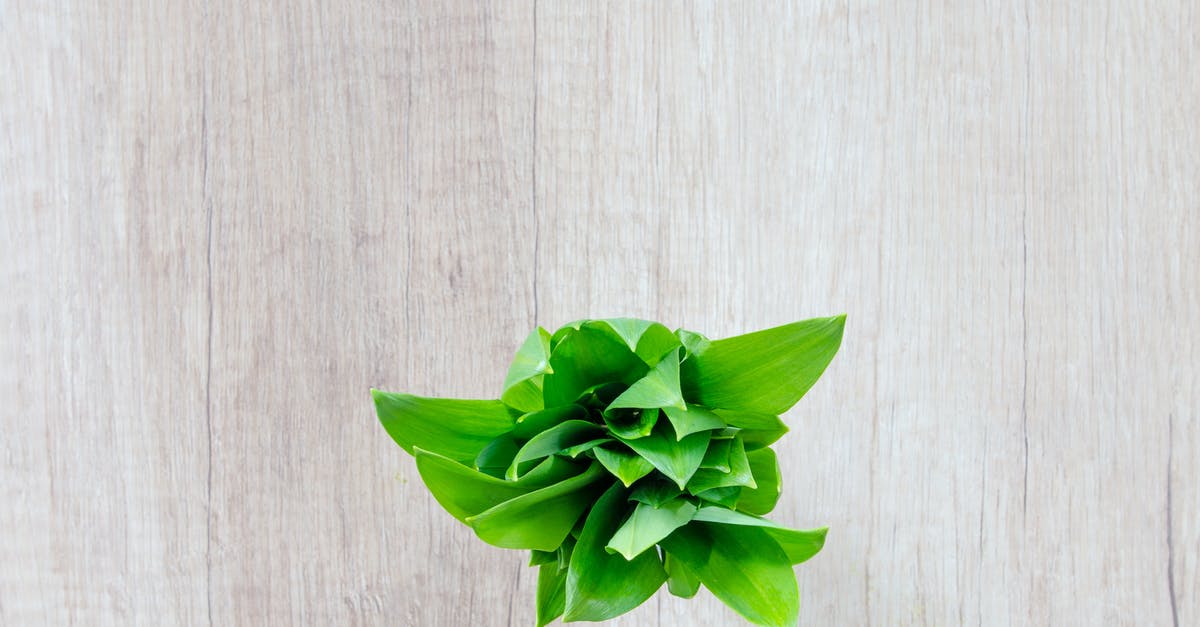Olive wood cooking utensils: Seasoning, care, and maintenance?

I just got my dear one a nice olive wood ladle a week or so ago. It's sitting out still since I would like to know what steps I should take in regard to seasoning (first (few) time(s) of use), care (treatment after each use), and maintenance (what to do down the line).
There's a really great discussion at: What is the best material for a cooking spoon?
However, we've already got the spoon. So, with some questions inspired by the one linked above, and some of my own:
- How might I detect varnish? Or is it just assumed to be present? If it is present, how might I diminish its ingestion?
- Are there other steps to seasoning this type of spoon?
- We use very mild/gentle (and non-toxic) [Planet Brand] dish soap/detergent 99.9% of the time. I'm certainly not going to put this in the dishwasher, but is there anything to watch out for when washing/drying? (i.e. should I not use super hot water, is olive sensitive to sit drying, etc.)
- Is there an upper temperature limit or hot surface type that should be avoided in cooking?
- Should it be maintained by say rubbing it down with some type of oil once in a while?
- Note: This is our first olive wood utensil, and the grain appears not to be ideal, regarding knots and possibly a propensity for cracking at a couple places. This may be normal from reading the linked question above, however it may merit different treatment, I don't know.
Best Answer
How might I detect varnish?
No utensil intended for real use (other than perhaps as a salad scoop or bowl) should be varnished.
It may be difficult to distinguish a varnish from an polished and oiled surface, but look for a clear shiny type of appearance where the grain of the wood is completely masked.
Are there other steps to seasoning this type of spoon?
Just rub it with mineral oil, as described below, if it is dull and untreated. If it is already seasoned, there is no need.
You may want to repeat the process two or three times, for a brand new utensil.
[I]s there anything to watch out for when washing/drying?
The main thing, as you have already mentioned, is to not use the dishwasher. Don't soak it in water. When you wash it, give it a quick towel dry and then let it air dry.
You don't want water soaking into the grain, which will help raise the grain and may eventually lead to splitting or cracking (at which time the utensil should be discarded).
Is there an upper temperature limit or hot surface type that should be avoided in cooking?
I don't know a specific one; use your good judgement. Wooden tools are often used in scraping up the fond from a pan after deglazing, which is probably the hottest treatment they would normally be exposed to.
As you happen to have a ladle, you are unlikely to be using it on the bottom of scorching hot pans in any case.
Wood is actually quite fire resistant, and while one may show a few scorch marks at the tip from a very, very hot pan, in general, routine use is not going to harm it.
Should it be maintained by say rubbing it down with some type of oil once in a while?
Yes, occasionally you will want to rub it with a little food grade mineral oil (which resists rancidity). This will help prevent liquid from soaking into the spoon.
When you see signs that the last treatment is wearing off, wipe it down with just a bit (maybe a half teaspoon or even less for the whole ladle), let it sit an hour or tow, then rub off the excess.
This will help you get a longer life from the ladle without splitting or cracking.
See also:
Pictures about "Olive wood cooking utensils: Seasoning, care, and maintenance?"



Quick Answer about "Olive wood cooking utensils: Seasoning, care, and maintenance?"
Hand wash with mild detergent and warm water. No standing water please as this weakens the wood fibers and can lead to splitting and cracking. Dry with a lint free cloth or microfiber. Perfectly fine to let air dry (but you'll need to condition with mineral oil or Bowl and Board Rub more often).How do you condition olive wood spoons?
To oil, your Olive Wood utensils, apply either Olive Oil or Mineral Oil on the utensils from top to bottom and allow the oil sit on the utensils for one or two hours, after which you clean off the excess oil, and store in a cool, dry place. Frequently oiling will keep your utensils long lasting and shiny.Does olive wood need to be oiled?
Olive wood should be kept clean using a solution of either hydrogen peroxide and water, lemon juice, and salt, or distilled white vinegar. Avoid using soap, as soap can dry out the wood. If your olive wood utensils ever become dry, apply a coat of oil to restore its lacking shine.How do you maintain olive wood?
How To Care For Your Olive Wood ProductsWhat oil do you use for olive wood?
Mineral Oil is the perfect oil to use to care for your olive wood products. Mineral Oil protects and nourishes the wood, preventing it from drying or cracking and prevents the spread of bacteria. Colorless, odorless and with no taste, our Mineral Oil meets the FDA requirements for food contact surfaces.Learn how to care for your Olive Wood products.
Sources: Stack Exchange - This article follows the attribution requirements of Stack Exchange and is licensed under CC BY-SA 3.0.
